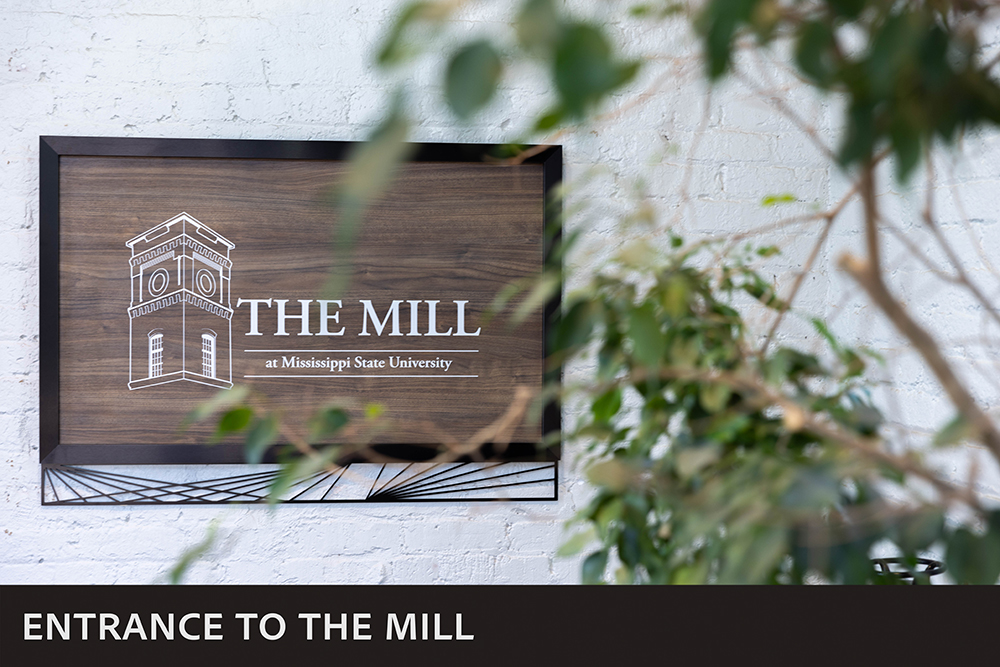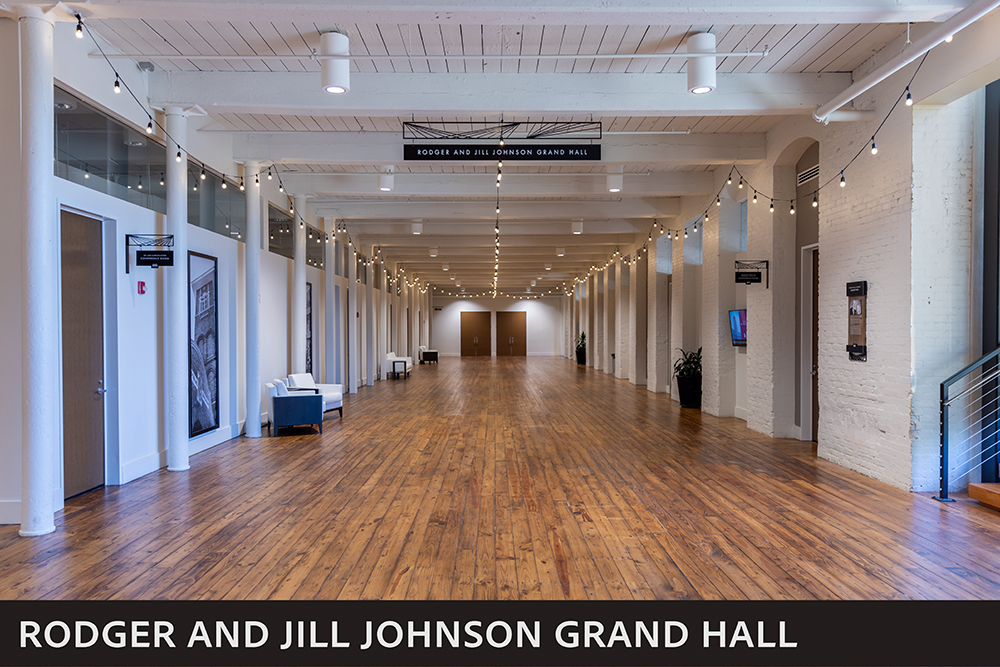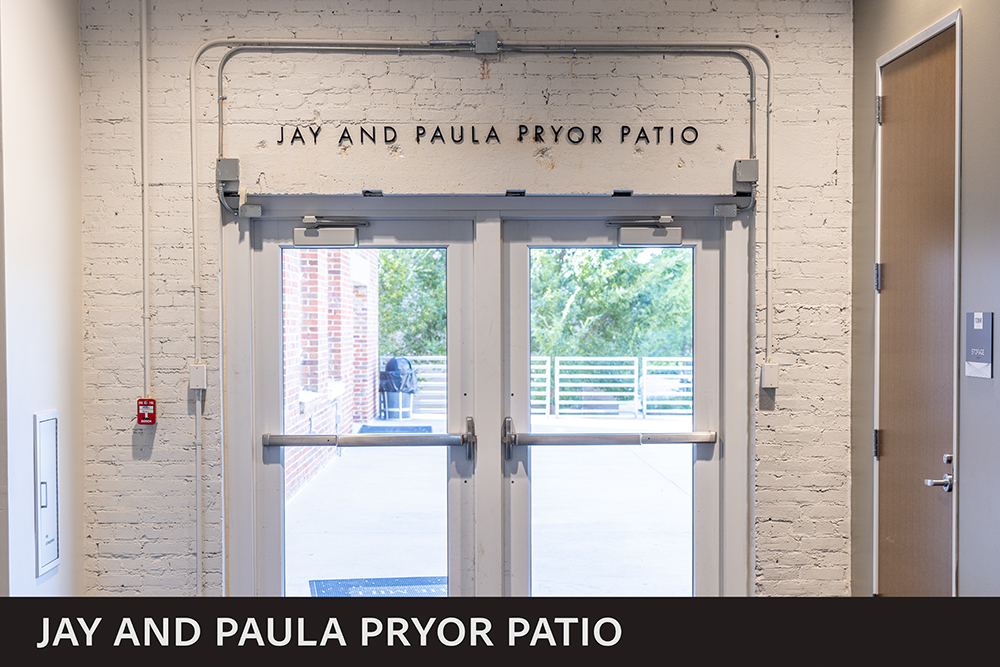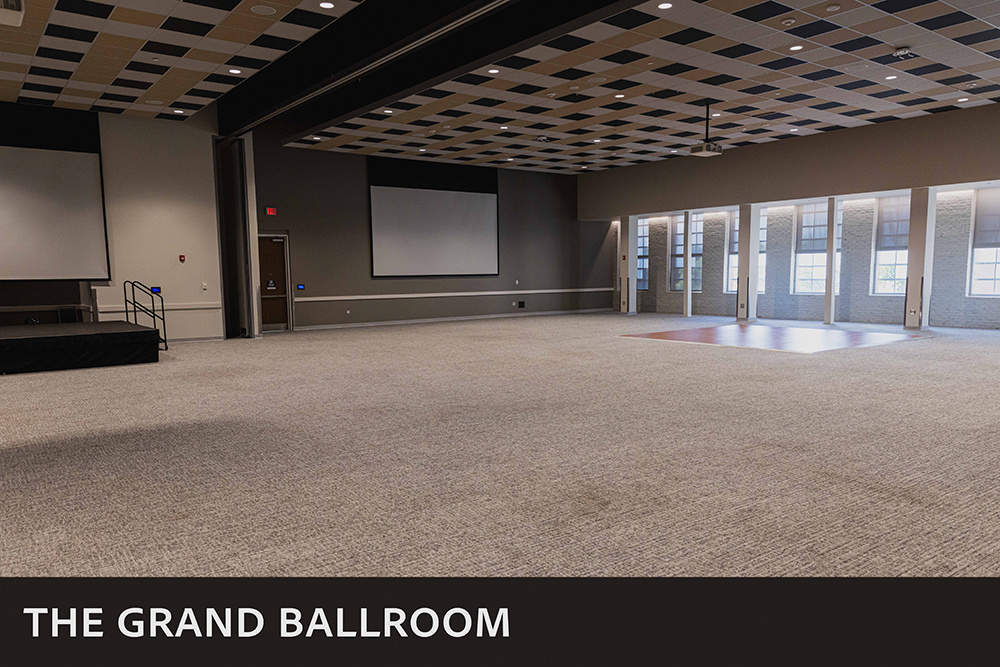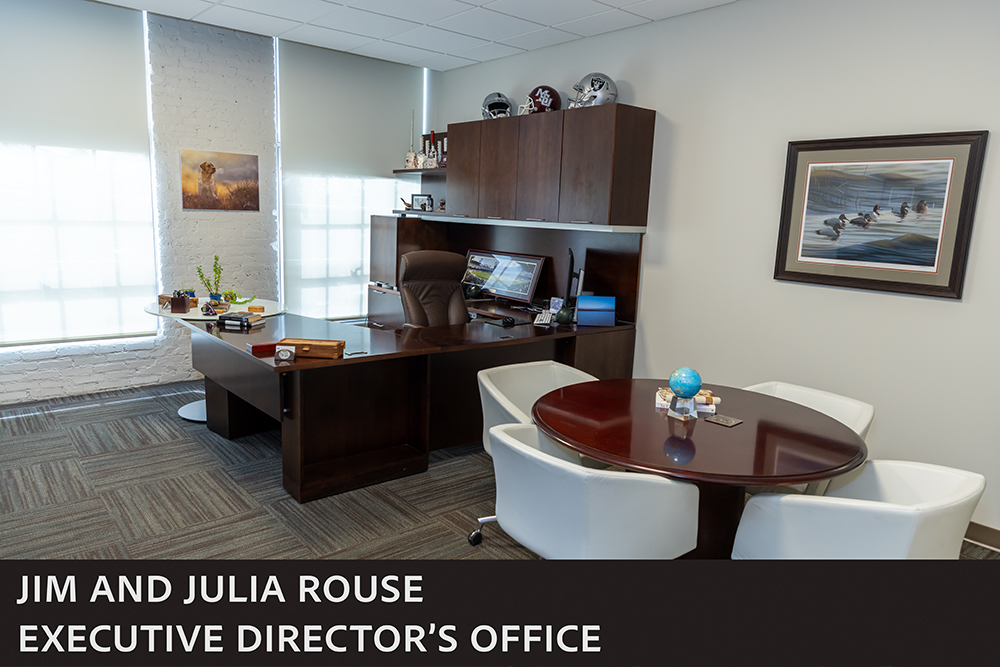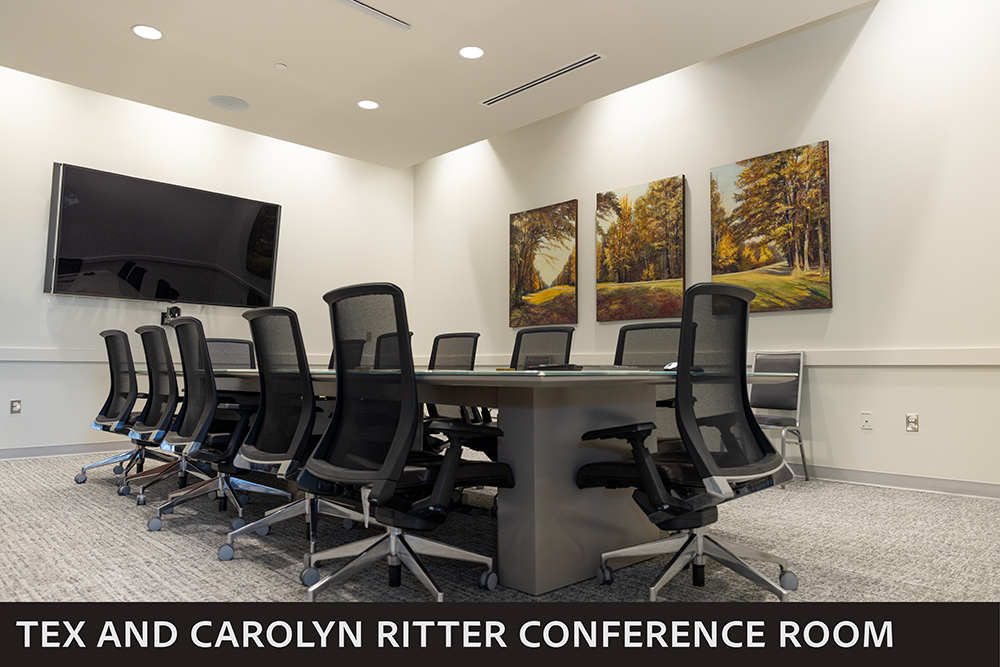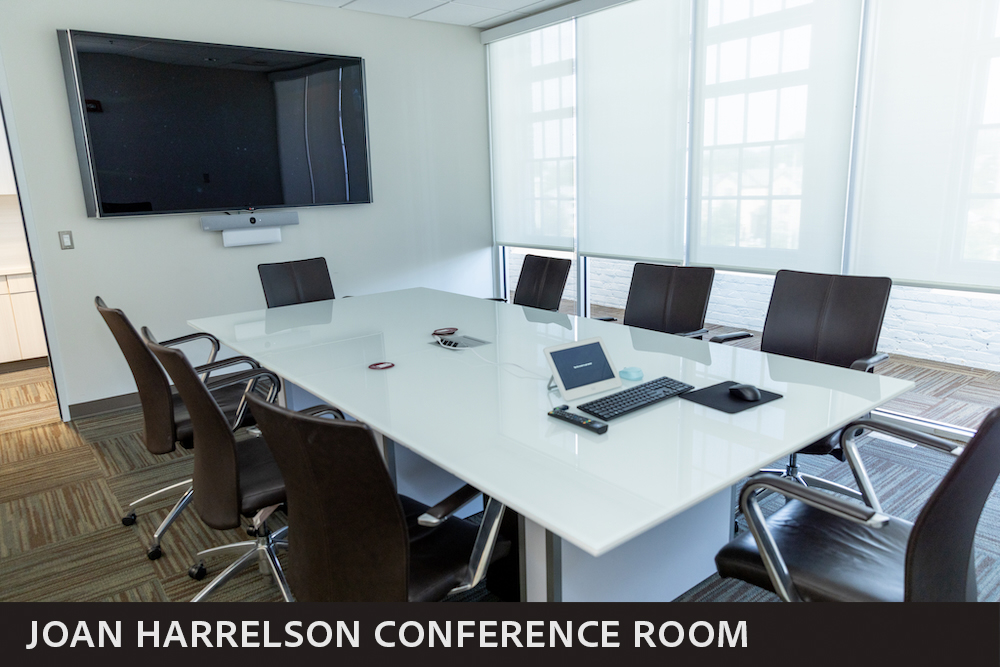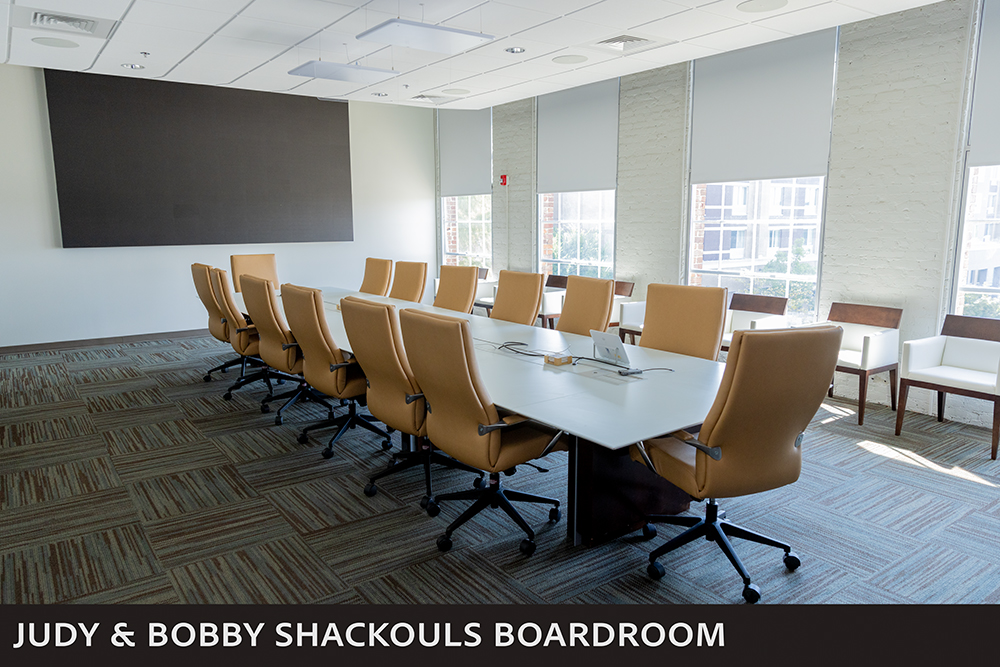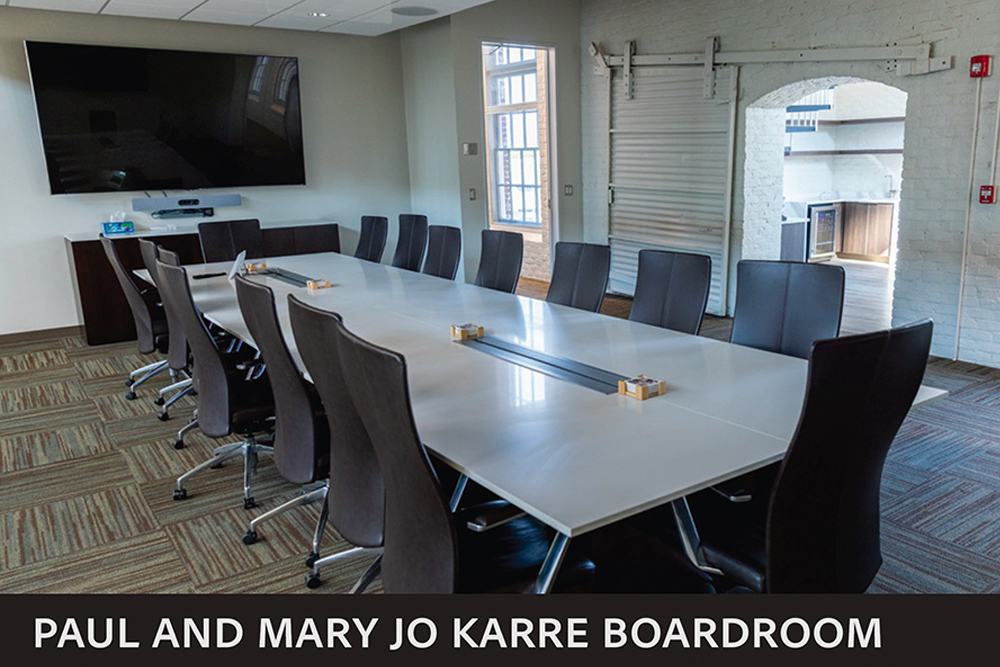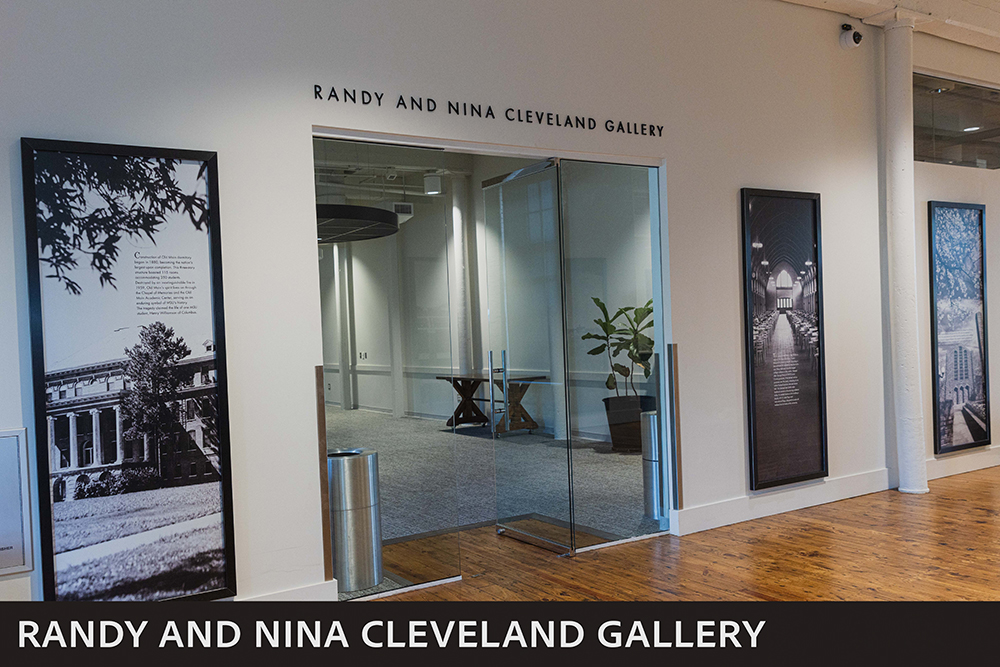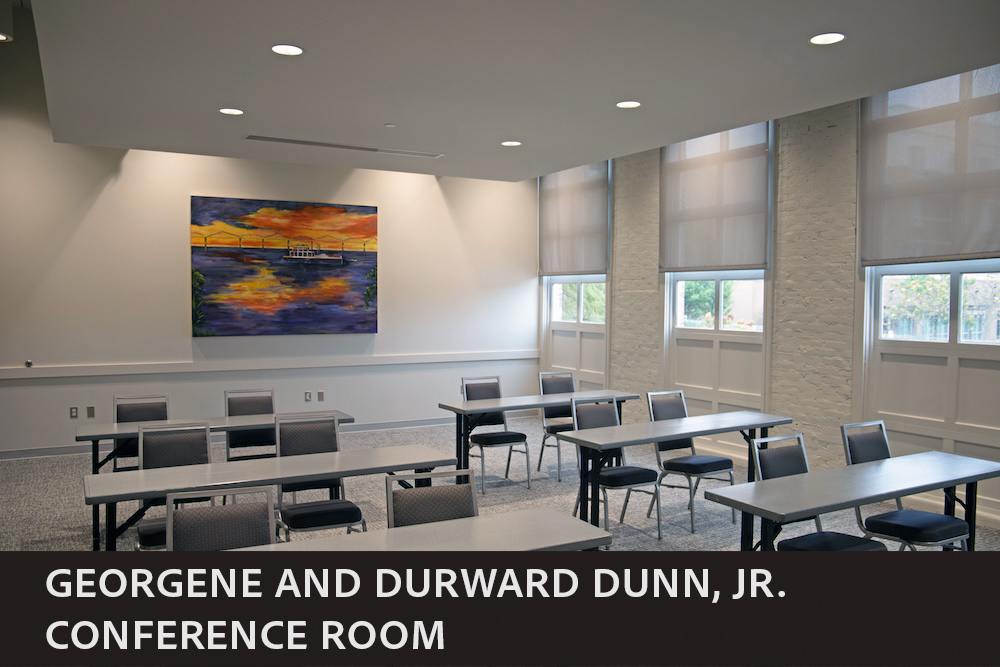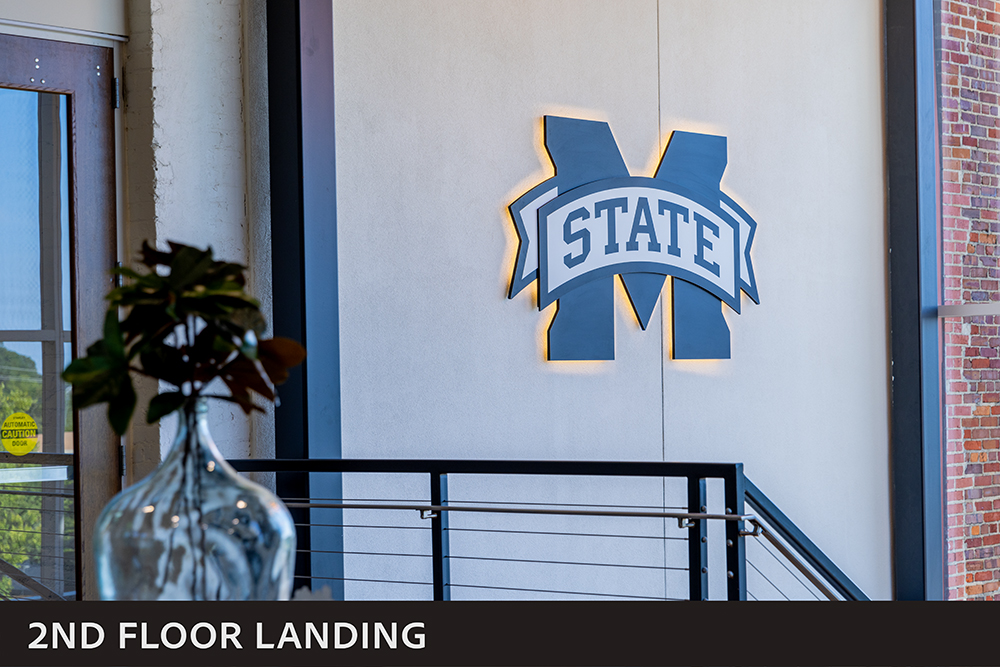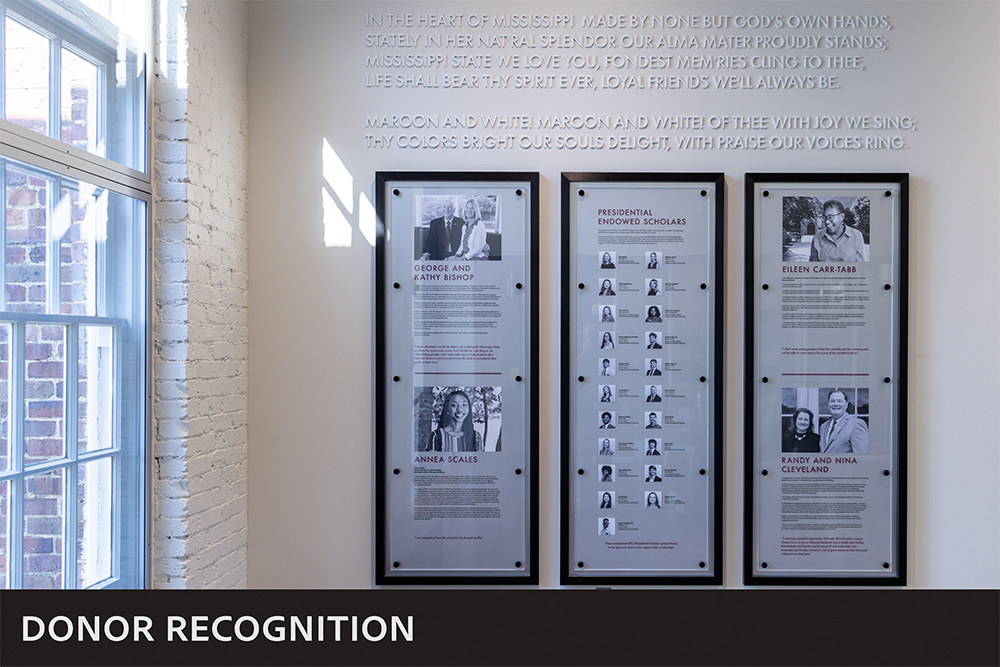Naming Opportunities Fuel The Mill's Revitalization
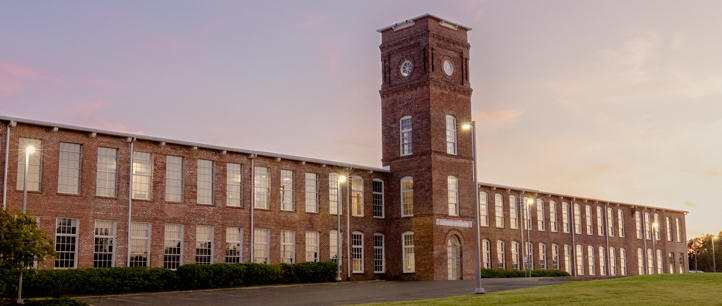
The Mill at 600 Russell Street is a monument to Starkville’s rich history and a beacon for Mississippi State University’s future. Originally built in 1902 and later repurposed for the Mississippi cotton textile industry, The Mill became one of the most successful operations of its kind, driving economic growth for the city and the state. Today, it has transformed into a symbol of MSU’s deep connection to the community—a centerpiece for events and a testament to ongoing revitalization, made possible by the generosity of alumni and friends.
Private support has played a crucial role in these transformations. The Mill's ballroom, gallery and numerous conference rooms throughout the 90,000-square-foot facility have undergone extensive renovations. While these public-facing updates are easily noticeable, some of the most impactful changes happen behind the scenes. In bringing together the MSU Foundation and Alumni Association staff into shared office spaces on the second floor, The Mill fosters greater collaboration, positioning the university and the community for a brighter future.
“The changes being made will not only meet the current needs of the MSU Foundation and MSU Alumni Association, but they will also allow for future growth to better serve our alumni base,” said Jud Skelton, senior director of development, real estate management, and operations at the MSU Foundation.
In collaboration with Dale Partners, the architectural firm responsible for the Mill’s 2015 renovation, and Byrum Construction, the revitalization project has made substantial progress in transforming The Mill into a dynamic space that meets modern demands. One of the most exciting developments underway is Founder’s Hall, an organizational history and recognition space that honors generous alumni who have made transformative gifts. This addition, along with ongoing improvements to the Mill Plaza and the refurbishment of the outdoor patio, creates an inviting environment for alumni and the community, particularly during game days and weddings.
Skelton acknowledges the challenges of maintaining the building’s historical character while updating its functionality.
“Given that the building was constructed in 1902 and is on the National Register of Historic Places, we’ve worked closely with the Mississippi Department of Archives and History to ensure all updates are in keeping with the guidelines that preserve its historical significance,” he explained.
The success of these revitalization efforts, and future ones, depends on the continued generosity of MSU alumni and friends. Naming opportunities within The Mill offer a unique way for alumni to leave a lasting mark, whether by honoring loved ones or commemorating personal achievements, while also supporting MSU’s continued growth and success.
The Mill’s revitalization goes beyond preserving a piece of MSU’s history—it’s about creating a space that will serve the university and its community for generations. As MSU looks ahead, these naming opportunities will be vital in helping The Mill evolve to support the university’s mission of excellence, innovation and service.
For more information on how you can be a part of this revitalization, please contact Jack McCarty at (662) 325-7000.


